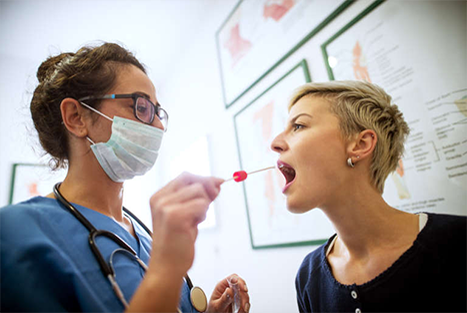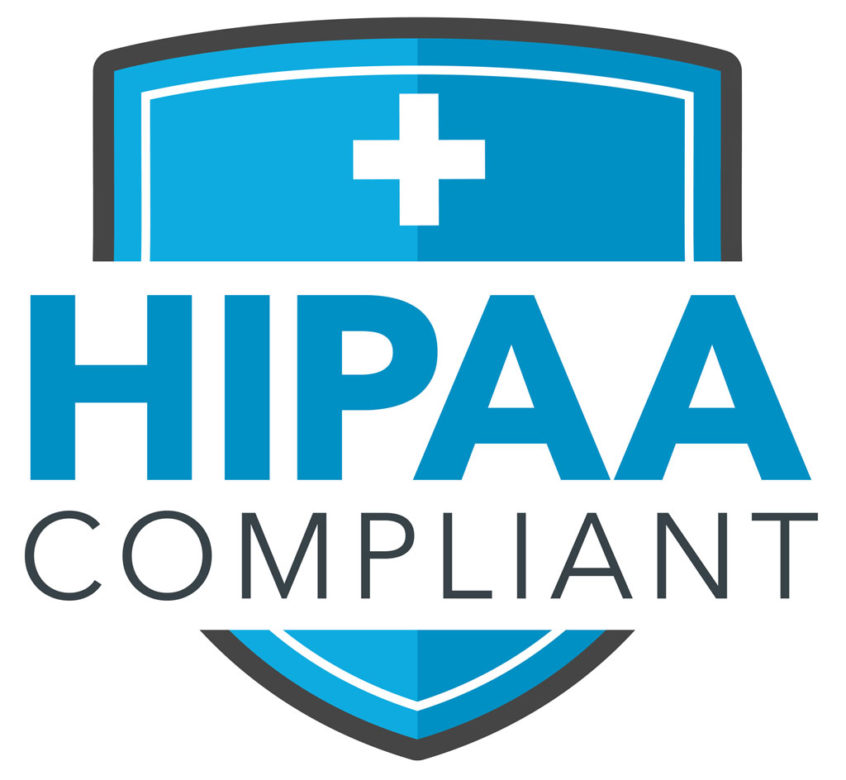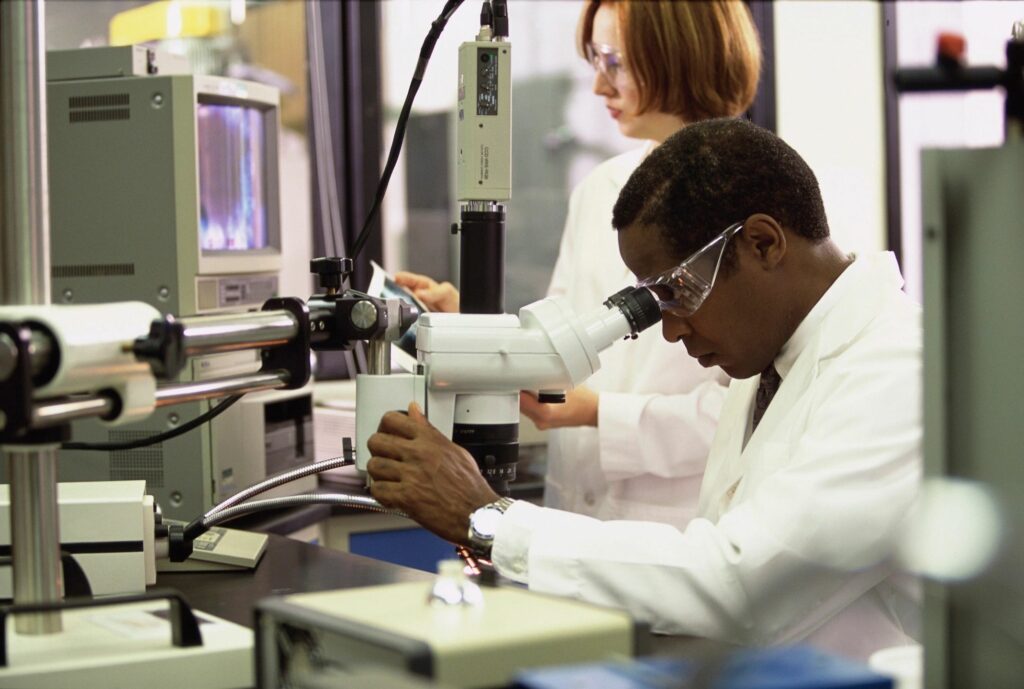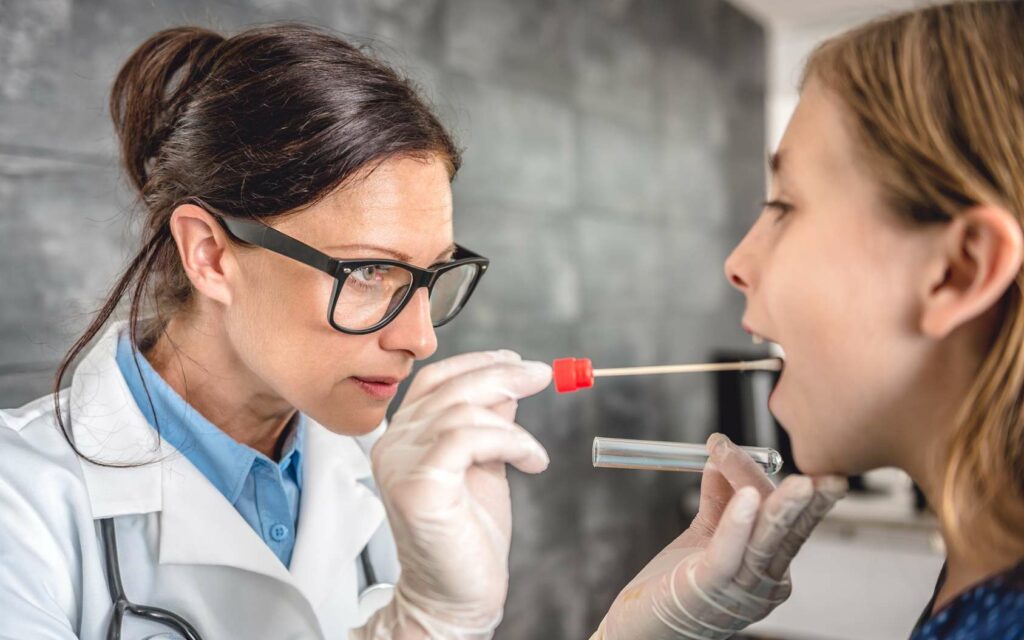Does genetic testing interest you?

Genetic testing looks for specific inherited changes (variants) in a person’s genes. Genetic variants can have harmful, beneficial, neutral (no effect), or unknown or uncertain effects on the risk of developing diseases. Harmful variants in some genes are known to be associated with an increased risk of developing cancer. These inherited variants are thought to contribute to about 5 to 10% of all cancers.
Cancer can sometimes appear to “run in families” even if it is not caused by an inherited variant. For example, a shared environment or lifestyle, such as tobacco use, can cause similar cancers to develop among family members. However, certain patterns that are seen in members of a family—such as the types of cancer that develop, other non-cancer conditions that are seen, and the ages at which cancer typically develops—may suggest the presence of an inherited susceptibility to cancer.
Find a Screening Program Near You
CDC’s National Breast and Cervical Cancer Early Detection Program (NBCCEDP) provides breast and cervical cancer screenings and diagnostic services to low-income, uninsured, and under-insured women across the United States.
Are You Eligible for Free or Low-Cost Screenings?
You may be eligible for free or low-cost screenings if you meet these qualifications—
- You have no insurance, or your insurance does not cover screening exams.
- Your yearly income is at or below 250% of the federal poverty level.
- You are between 40 and 64 years of age for breast cancer screening.
- You are between 21 and 64 years of age for cervical cancer screening.
- Certain women who are younger or older may qualify for screening services.
Search for free and low-cost screenings in your state, territory, or tribe—use the interactive map and tribe list below to find local contacts for breast and cervical cancer screening.
- Bladder CancerWhat is bladder cancer? Bladder cancer is one of the most… Read more: Bladder Cancer
- Common Types of CancerCommon Cancer Types Bladder Cancer Breast Cancer Colon and Rectal Cancer Endometrial… Read more: Common Types of Cancer
- Benefits of CGxBenefits and limitations of genetic testing Genetic testing for gene mutations associated with hereditary… Read more: Benefits of CGx
SERVICES

The DNA plays a major part in an individual’s well-being; it holds the details or the entire instructions of your body compositions. How will DNA holds the instructions for an organism’s or each cell’s development and reproduction and ultimately death, if you are lenient for not caring your DNA health. Lab tests called DNA sequencing tests can “read” DNA. By comparing the sequence of DNA in cancer cells with that in normal cells, such as blood or saliva, scientists can identify genetic changes in cancer cells that may be driving the growth of an individual’s cancer




